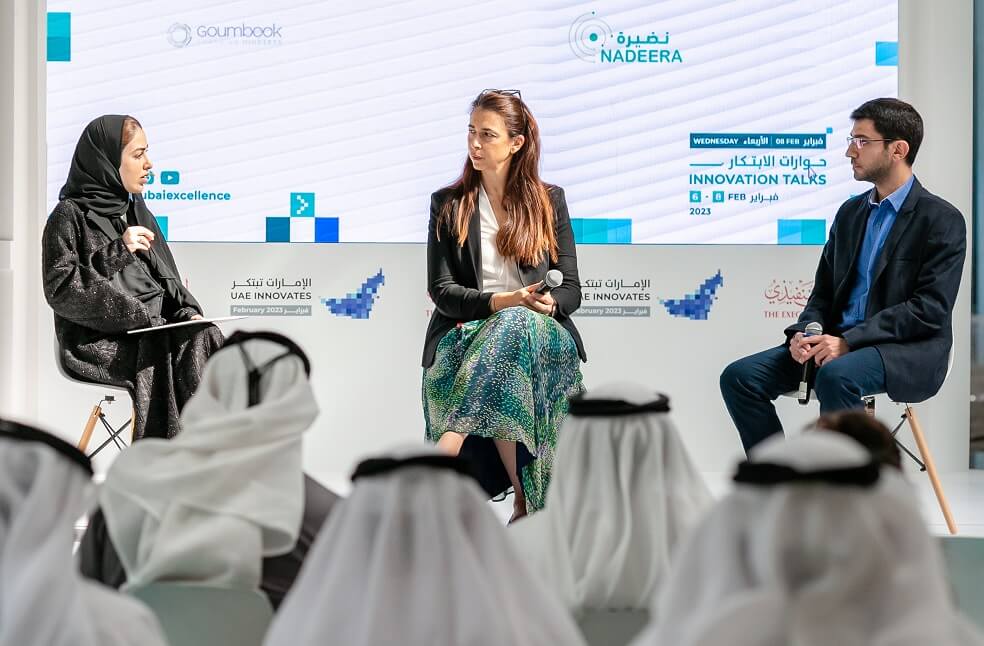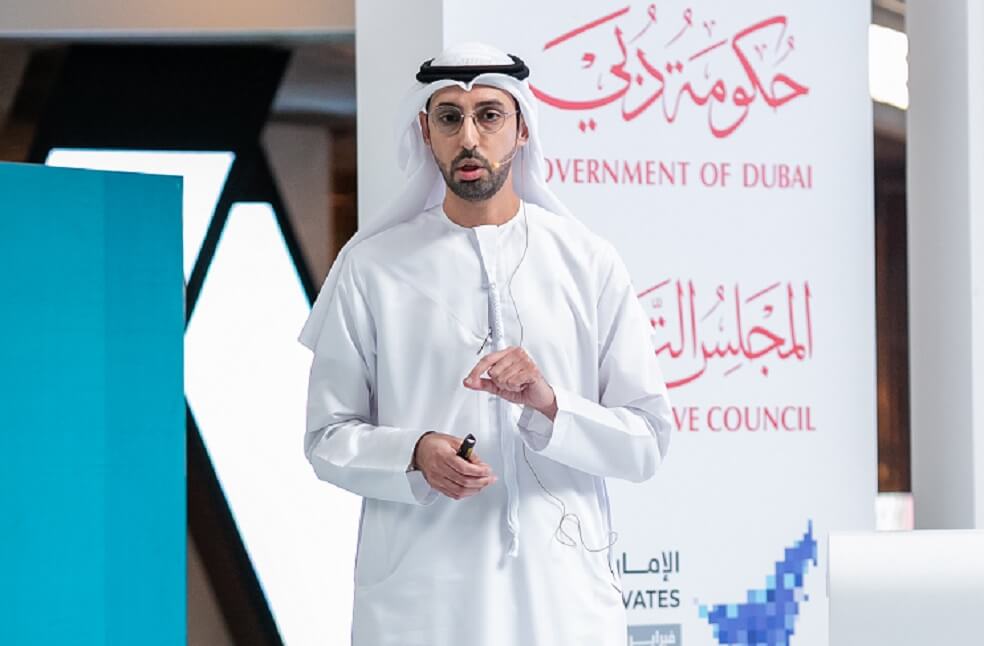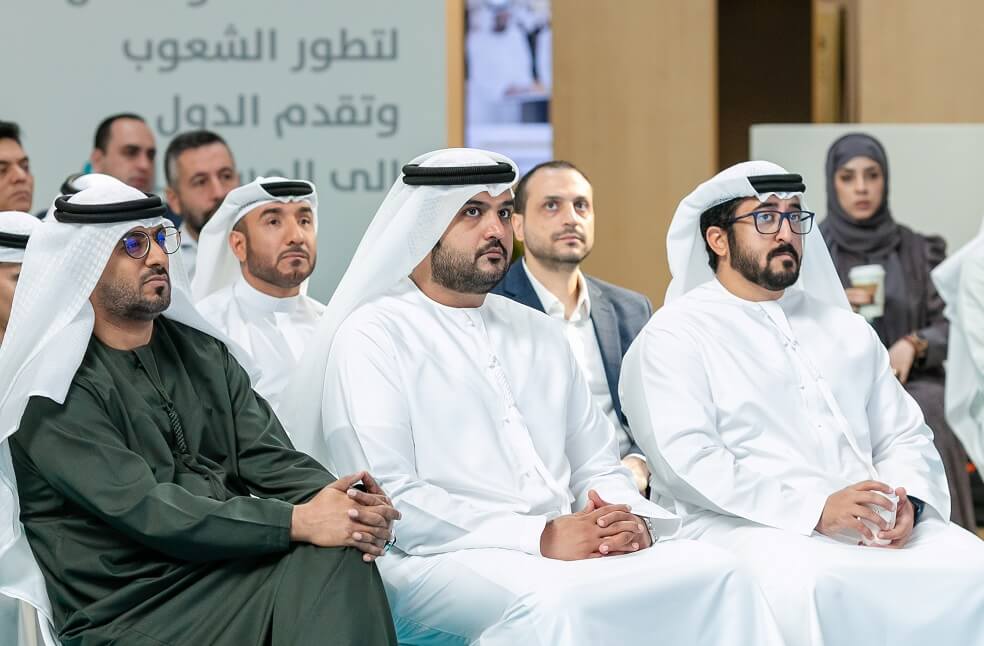Dubai: The “Innovation Talks” series, organised by The Executive Council of Dubai, concluded today with leaders from the government, business, and community highlighting how innovation can accelerate the nation’s journey towards a sustainable future.
The event, organised by The Executive Council of Dubai, brought together heads and representatives of Dubai government departments as well as experts from private sector companies to discuss cooperation and develop a common vision for the future.
Mr. Abdulla Mohammed Al Basti, Secretary-General of The Executive Council of Dubai, thanked the Mohammed bin Rashid Centre for Government Innovation for its constant efforts to promote a culture of innovation across the UAE.

Innovation is about creative minds collaborating together in an empowering environment. Dubai has become the best and most inspiring example globally for institutionalising the innovation process, which was first laid down by the late Sheikh Rashid bin Saeed Al Maktoum through several mega projects launched. Innovation was further advanced in Dubai by Sheikh Mohammed bin Rashid Al Maktoum.
Mr. Al Basti shared.
“Over the last three days, we have seen an effective partnership model between the public and private sector in Dubai and how it can help transform innovation into a culture that enhances the UAE’s competitiveness. We all learned how innovation can help formulate strategies and unlock new achievements for some of the most successful government entities and companies,” the Secretary General added.

Mr. Mohammed Al Shamsi, Chief Officer for Climate Change and Sustainability at the Dubai Electricity and Water Authority (DEWA), remarked that “we need to raise awareness and promote education through events and communication on climate change and the UN SDGs. At DEWA, we are actively focused on 16 of the 17 goals set by the United Nations under its Global Agenda for Sustainable Development 2030.”
Mr. Younus Al Nasser, Assistant Director-General of Digital Dubai and CEO of the Dubai Data Establishment, commented that “the first is trust and partnership, shown through our cooperation with the private sector to share knowledge and achieve results. Data solutions are the second pillar we work under. We deal with it in innovative ways, so it can be used without infringing on data privacy. The third pillar is regulating big data walls. In 2017, we launched a unified data portal with more than 900 databases that all companies and entities can benefit from. Finally, the most important pillar is creating value by leveraging data for policymaking in healthcare, education, government administration, real estate, transportation, and others.”

